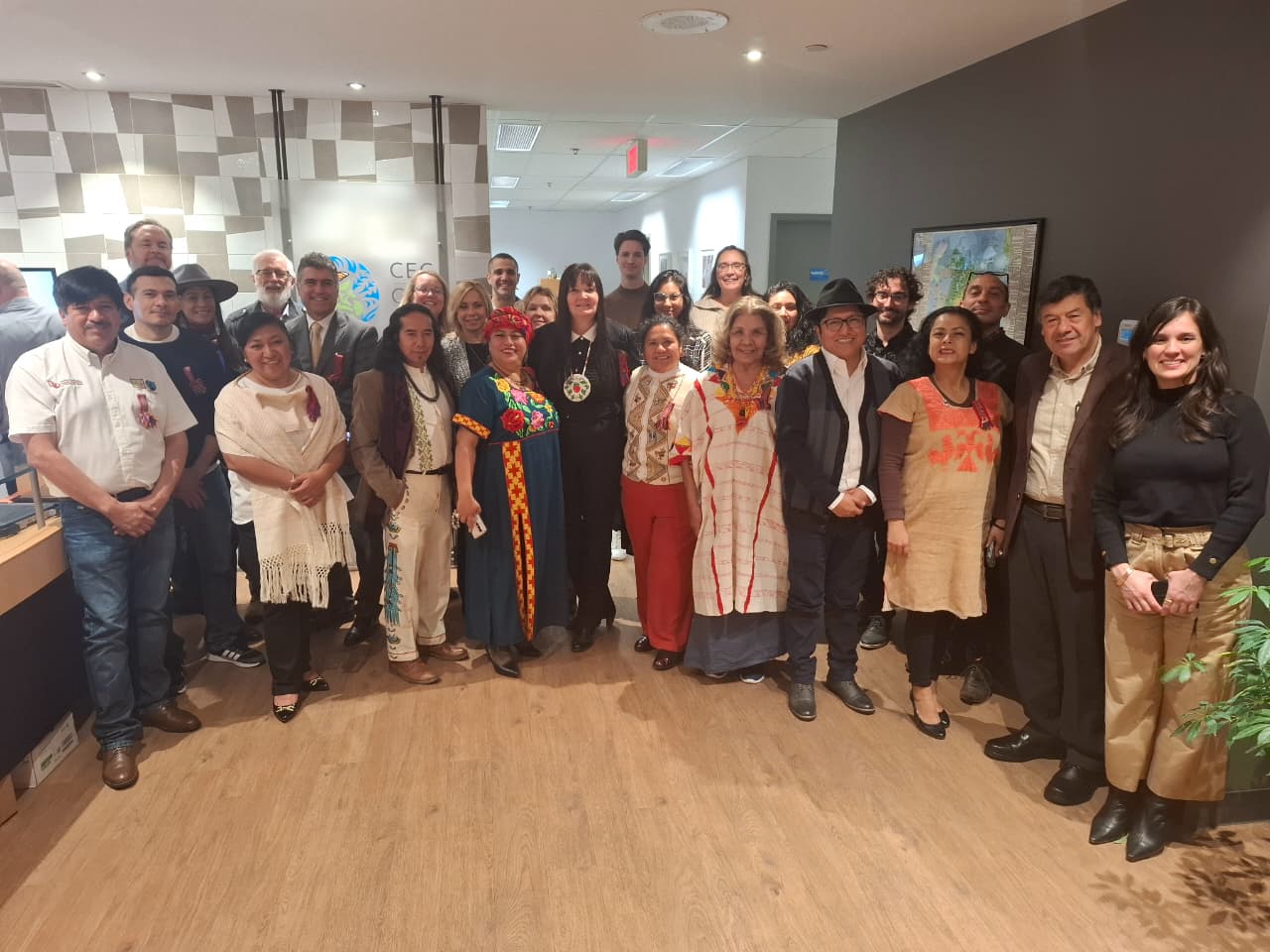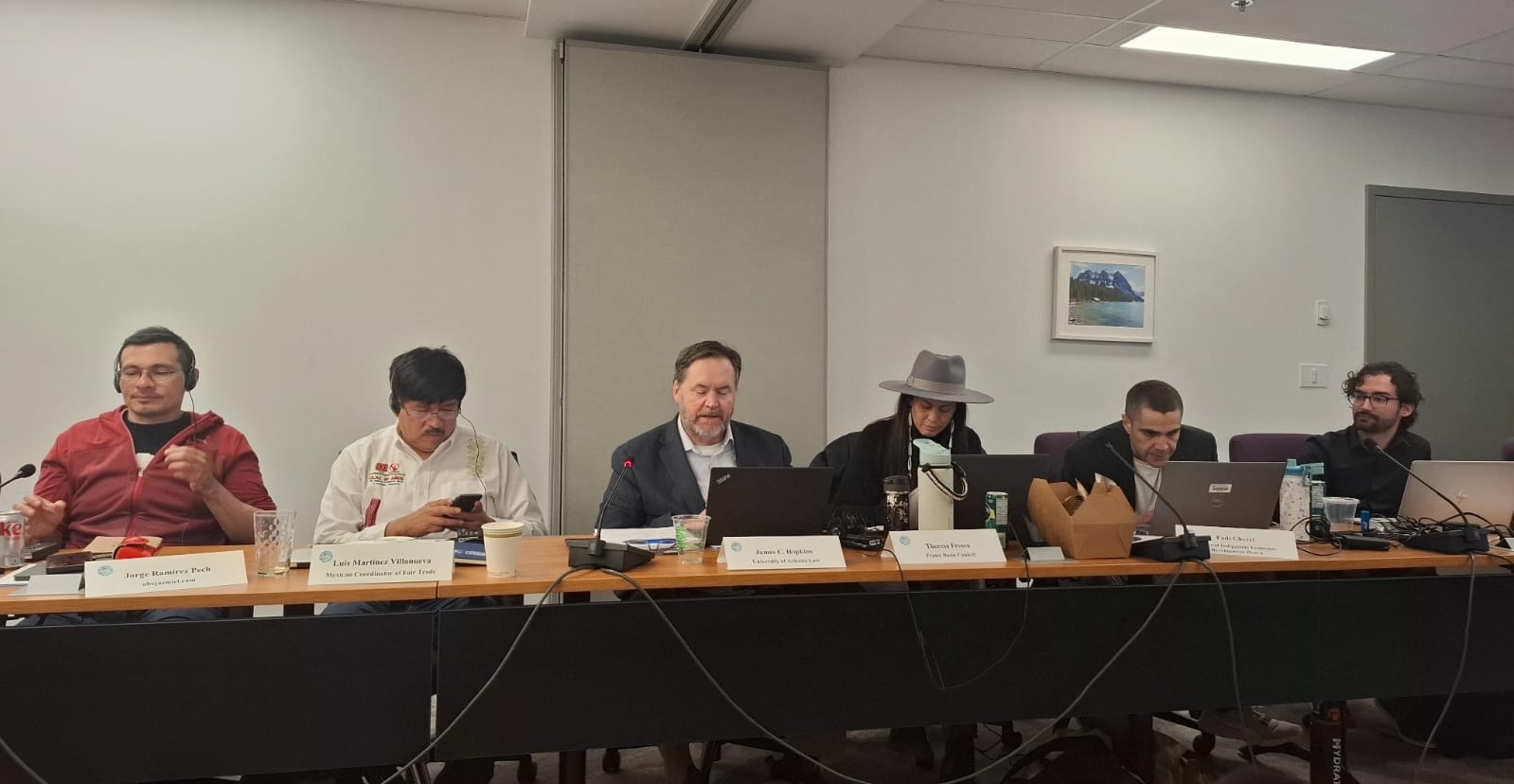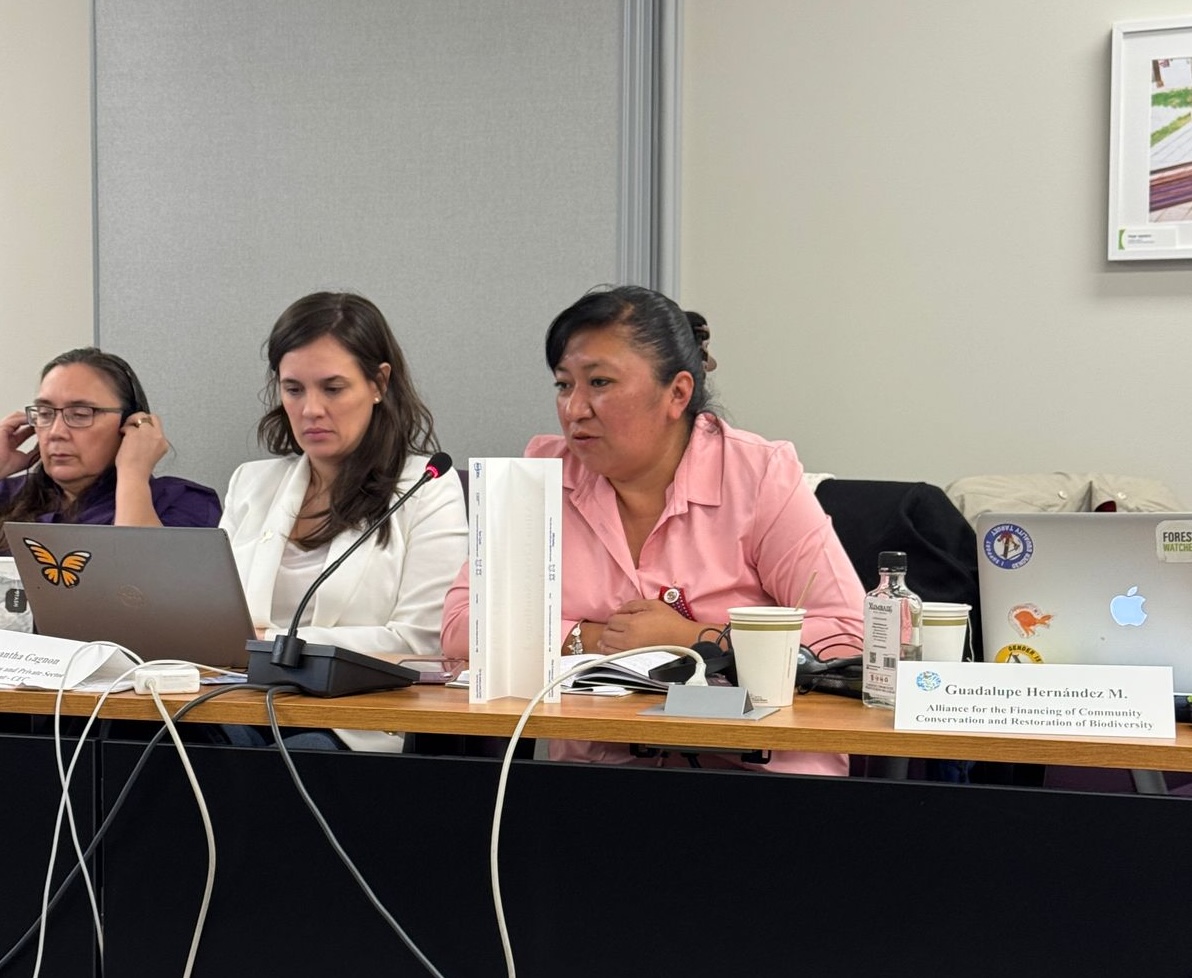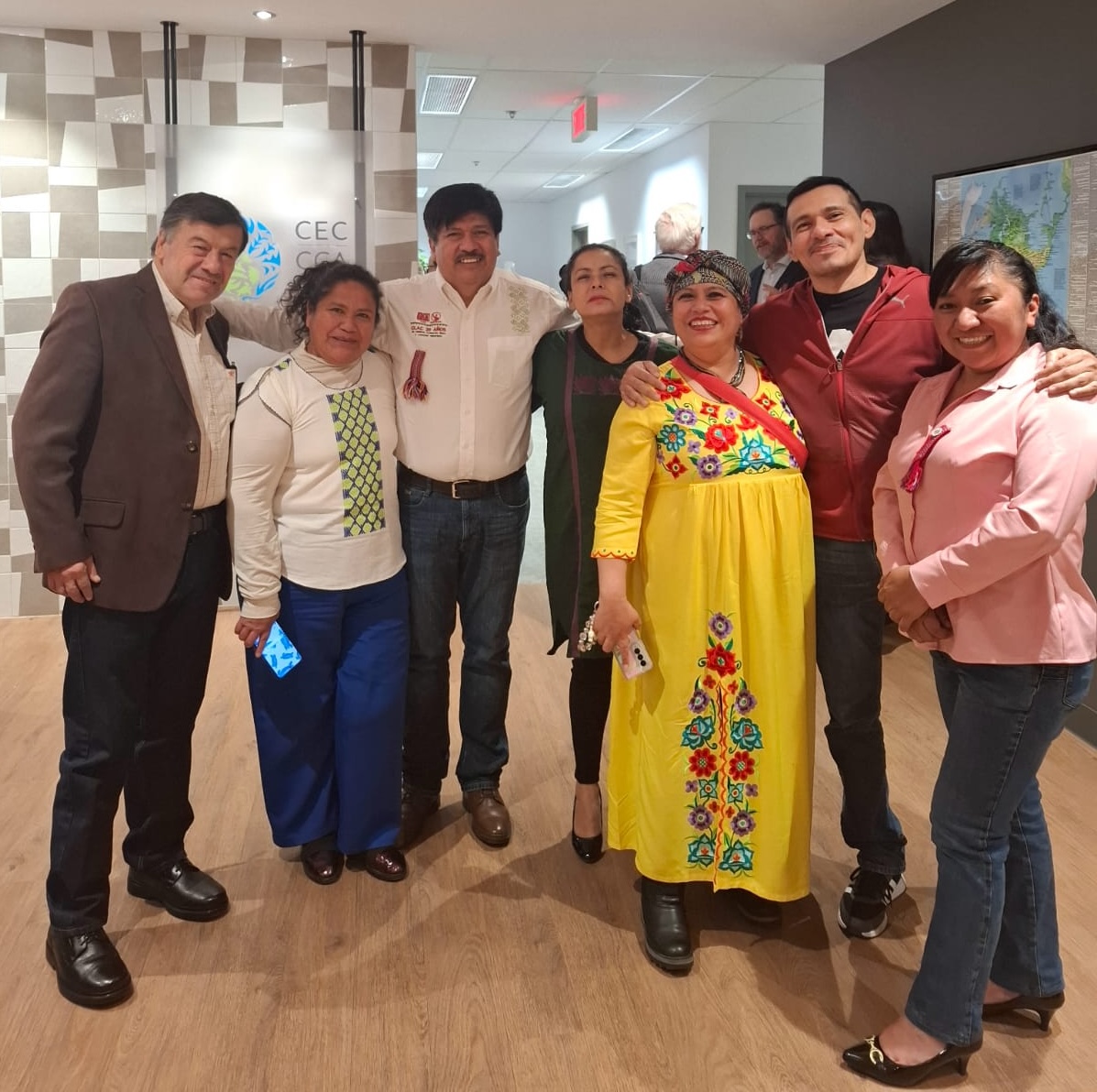Round Table “Sustainable Trade in North America: Indigenous Perspectives”
Montreal, Canada – March 24th and 25th, 2025

The Commission for Environmental Cooperation (CEC) and the Bieler School of Environment at McGill University organized the round table “Sustainable Trade in North America: Indigenous Perspectives” on March 24 and 25, 2025 in Montreal, Canada.
This event brought together specialists from Indigenous communities, researchers, conservation professionals and representatives from the public and private sectors to analyze how Indigenous values, relational approaches, traditional ecological knowledge (TEK), cultural heritage, nature-based solutions (NbS) and the revitalization of Indigenous trade can contribute to a more sustainable trade model in the US, Canada and Mexico.

During the sessions, key policies and initiatives were identified that seek to strengthen Indigenous-owned businesses and promote sustainable business practices in North America. The restructuring of trade in the region opens up new opportunities to include Indigenous perspectives, recognizing their fundamental role in the responsible use of resources, the conservation of biodiversity and the preservation of the identity and worldview of their Indigenous Peoples.
One aspect to highlight was the participation of the Chair of the FSC Permanent Committee on Indigenous Peoples, Alina Santiago, whose presence emphasized the importance of indigenous peoples in the sustainable management of natural resources and in the construction of ethical and inclusive trade models. Her contribution allowed us to learn more about their experiences, the FSC tools and the challenges faced by indigenous communities in the context of sustainable trade, and to highlight the need to strengthen indigenous participation in these regional spaces.

The event underlined the urgency of integrating Indigenous knowledge and practices into commercial strategies to guarantee long-term sustainability. Representatives from the United States, Canada and Mexico agreed on the need to expand the participation of Indigenous peoples in these spaces, strengthening their role in the regional economy and guaranteeing that their ancestral knowledge is valued in decision-making.

Sustainable trade in North America is strengthened and improved by taking into account the voices, knowledge and leadership of Indigenous Peoples. This roundtable made it clear that the future of our economies depends on recognizing and valuing Indigenous ways of seeing, caring for and relating to the land. Integrating their perspectives is not only an historical debt, but an essential path to achieving truly sustainable, inclusive development in harmony with nature.
